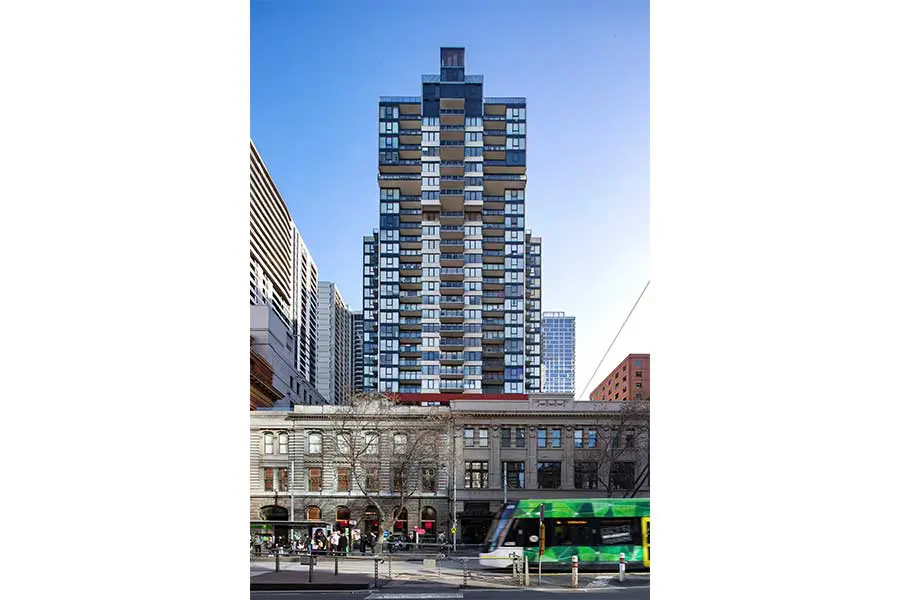Not all property development is the same. The differences between commercial property development and residential property development are varied and well documented. Each sector has its own level of advantage and disadvantage. Here we breakdown the pros and cons and help you understand the risks associated and the glimmers of hope from these two areas of the property market and how attractive they are to potential investors.
All forecasting is made using research into past performances and cannot be totally guaranteed for future performance, as with anything, but they become indicators for the industry. No one can predict the future but the next best thing is to seek counsel from experienced industry professionals, rely on your own intuition and foresight as well as notable industry data to make an informed decision.
So, we start with historical data. Traditionally the value of residential property increases over time, of course this is dependent on market trends, but generally speaking, this is the case. The growth of commercial properties can be lower and is usually directly associated with the opportunity to increase the rent.
Location is an important factor. While there is more scope for residential properties, the location of commercial properties is a major consideration for investors. If the location does not fit the general criteria of business-like exposure and transport facilities, it is a higher risk as your market for tenants is narrowed considerably.
Tenancy of properties in either sector is a bit of give and take. While residential properties usually have shorter leasing periods than commercial properties, it is easier to find residential tenants. Commercial tenancies are longer term but once vacant your tenancy can be harder to fill, due to the nature of a commercial tenant seeking a particular space for a specific use. In saying this, long term commercial tenants are more inclined to renew their lease to avoid the headache and disruption of relocation.
Given this, applying for finance for a residential property development is often more straight-forward than for commercial. Lenders see less risk associated with residential properties as it is more likely they will be easily tenanted or on-sold. This is a big drawcard for lenders as it increases a developer’s cash flow and their ability to repay. A commercial property, on the other hand, may be viewed as a higher risk. The success of a commercial property is directly linked to the success of the tenant, which will provide the opportunity to increase the rent; a factor taken into consideration by financiers.
Although you might need more capital up front for a commercial property loan, you will not need to cover the fitout and operating expenses of the property. This is usually left to the tenant, to create a space suited to the needs of their particular business. Comparatively, residential developers must maintain a property and cover the cost of land rates until the sale to the eventual purchasers. Often lots are sold prior to completion, but often settlement is delayed until the development is finalised. This situation provides lenders with confidence in the developer’s ability to meet their financial obligations and may allow for suspended repayments or interest-only payments during the process.
Due to the nature of commercial properties the rental yields are generally higher than residential rental yields. From a commercial point of view, your tenant is also in business so the chance of rental defaults is lower. Your tenant operates as a business and would have rent factored into their cashflow strategy.
In summary, an investor who will purchase directly from a developer is likely to select a sector of the market that reflects their financial ability to take risks. While commercial property may carry more financial risk there is less day to day running required which may suit an established investor. As a property developer, it is paramount to provide a viable option for your investors and use the advantages of your property to find the right investor or owner to on-sell to.

SOURCE – http://blog.realestateinvestar.com.au/infographic-residential-vs-commercial-property-investment
DISCLAIMER – Alleura recommends each individual seek the services of a qualified service provider before undertaking any financial investment. The information provided here is for general information purposes only. It is not intended as financial or investment advice.





